German Chancellor Olaf Scholz waded into the European election campaign on Friday by warning that the next president of the European Commission should not seek support from far-right parties hoping to make big gains in next month’s vote.
Left-leaning parties across Europe have been heaping pressure on their mainstream conservative and liberal counterparts to rule out cooperation with far-right parties after the June 6-9 elections to the European Parliament.
ISRAEL SLAMS GERMAN GOVERNMENT’S VOW TO ARREST PRIME MINISTER NETANYAHU OVER ICC WARRANT
But a big swing to the right could make it hard for the next president of the commission — who will need approval from a majority in the new pan-European parliament — to lead the 27-bloc effectively with only the support of its more traditional political groupings.
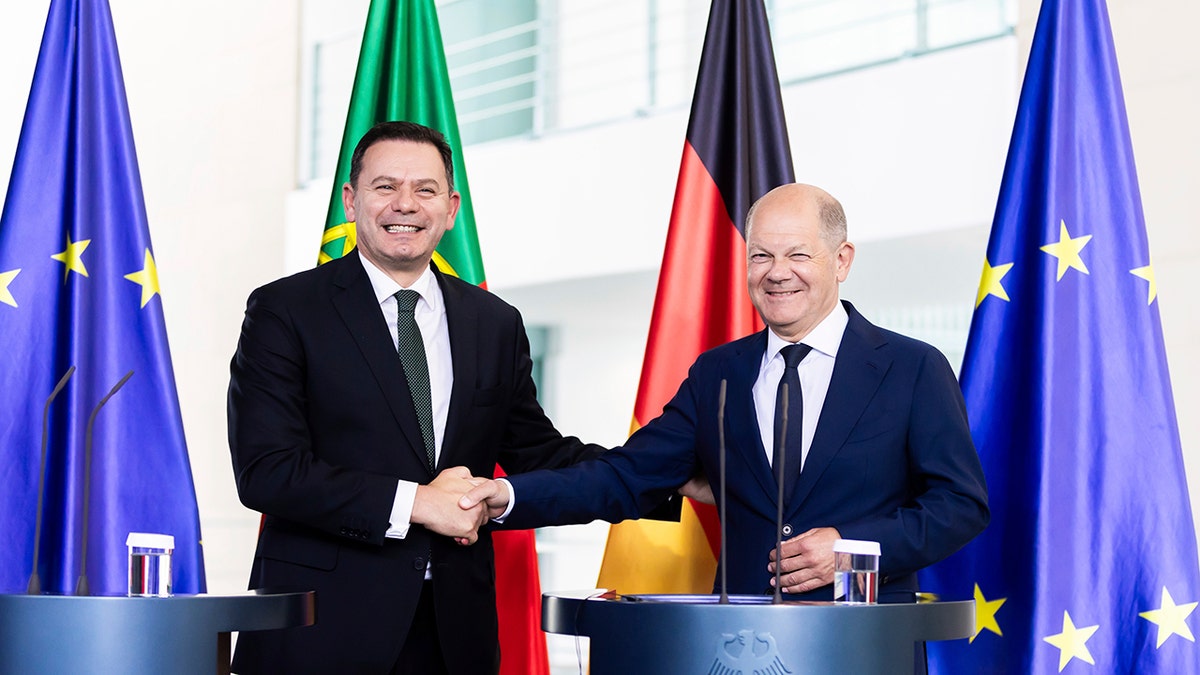
German Chancellor Olaf Scholz, right, shakes hands with Prime Minister of Portugal Luís Montenegro during a joint press conference following talks at the Federal Chancellery, in Berlin, Friday May 24, 2024. (Christoph Soeder/dpa via AP)
“When the next European Commission is formed, it must not rest on the support of a parliamentary majority that also needs the support of right-wing extremists,” Scholz said after talks with his Portuguese counterpart Luis Montenegro in Berlin.
“I am very saddened by the ambiguity of some of the political statements that we have heard recently. But I am clear about this, and it will only be possible to establish a presidency of the European Commission that rests on the support of the traditional parties,” Scholz said.
“Anything else would be a mistake for the future of Europe,” he added.
Scholz, a Social Democrat who heads an unpopular progressive coalition in Germany, did not specify which statements he was referring to.
However, his words are likely to be seen as a warning to the current Commission President, Ursula von der Leyen, a German conservative who is expected to seek a second term.
Von der Leyen is a member of the European People’s Party group in the European Parliament. The center-right umbrella grouping has long held sway in Brussels in tandem with the center-left Socialists. But with the electoral landscape shifting, she has refused to rule out working with some members of parties further to the right.
Last month, von der Leyen suggested she was open to working with the European Conservatives and Reformists group, or ECR, one of two far-right groupings in the parliament.
Leading members of the ECR, which largely opposes further European Union integration and enlargement and takes a tough line against immigration and environmental protection policies, include Poland’s Law and Justice party and the Brothers of Italy party of Italian Premier Georgia Meloni.
Pressed to distance herself from the far-right during a debate among leading candidates last month in the Netherlands, von der Leyen said possible scenarios would depend on “how the composition of the parliament is, and who is in what group.”
With the elections less that two weeks away, political alliances that could shape the future direction of EU policy are already shifting.
On Thursday, a right-wing group in the European Parliament kicked out the far-right Alternative for Germany party, or AfD, over a string of scandals involving its leading candidate, including remarks seen as playing down Nazi crimes in World War II and the arrest of one of his assistants on suspicion of spying for China.
On Friday, one of its nine European lawmakers, Sylvia Limmer, quit the AfD, saying its leadership had become too authoritarian.
Scholz, whose party trails both the AfD and center-right rivals in opinion polls, said the rise of the far-right reflected uncertainty caused by rapid economic change, new technologies and climate change.
CLICK HERE TO GET THE FOX NEWS APP
He argued that developed countries could counter the political trend by embracing a modernizing, inclusive agenda.
“What helps are two things: the first is confidence that the future will turn out well, also for our countries, that we are at the forefront; and confidence that this is not just for a few in our countries, but for the great mass of the population,” he said.










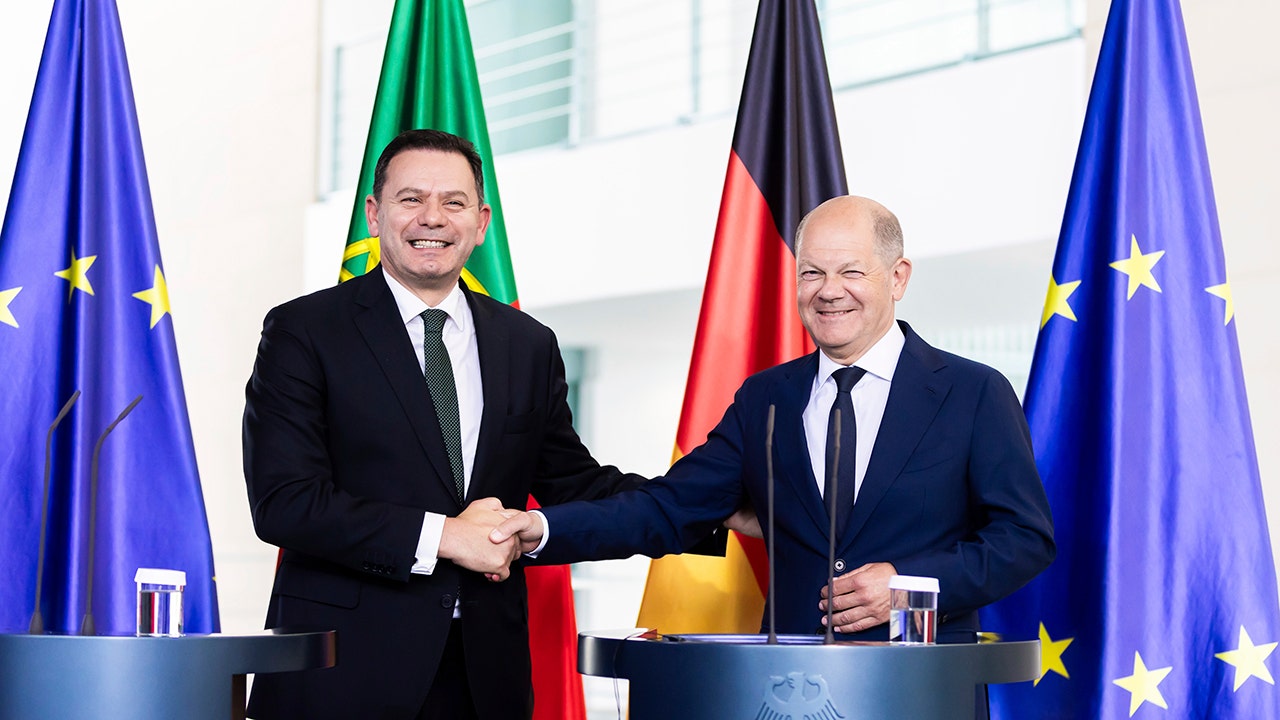

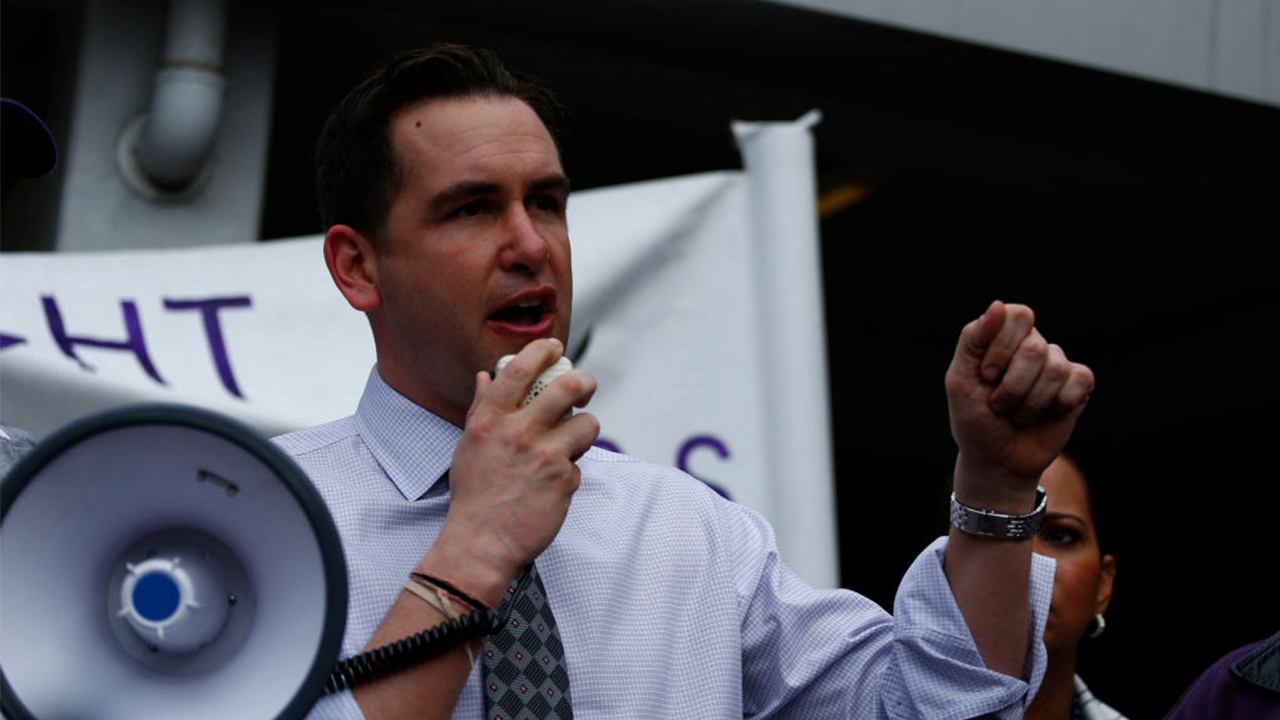
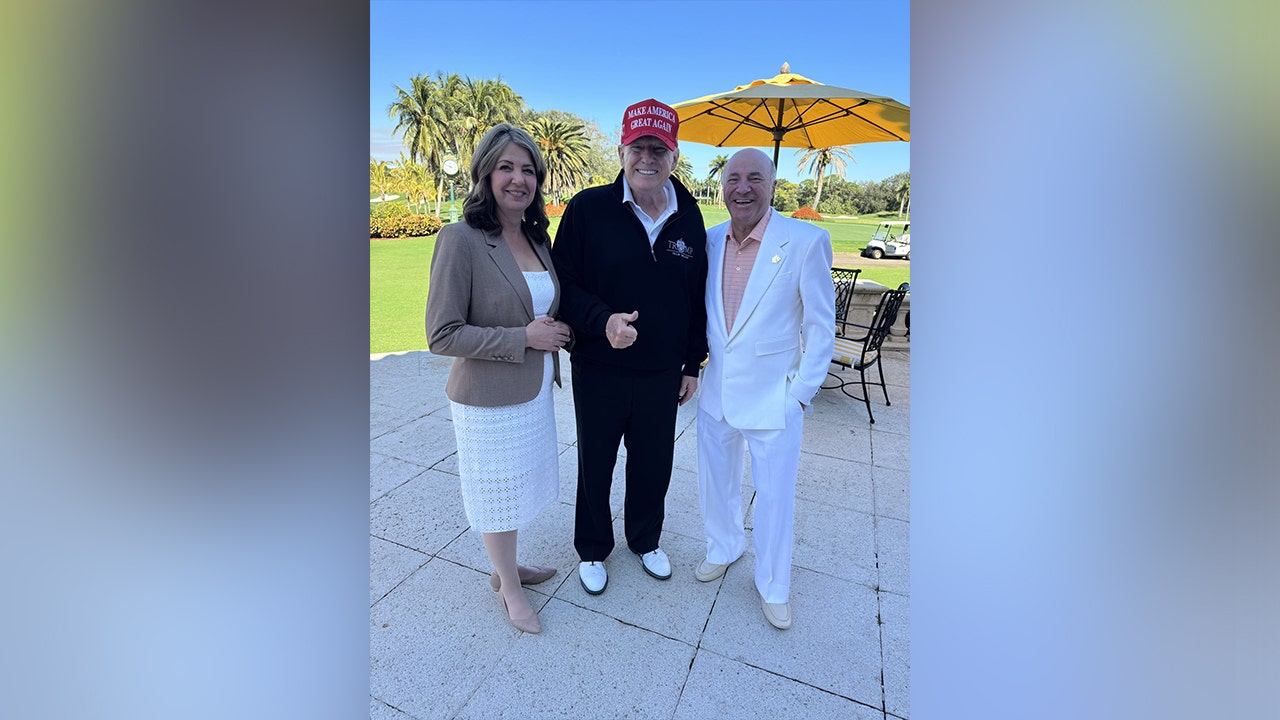
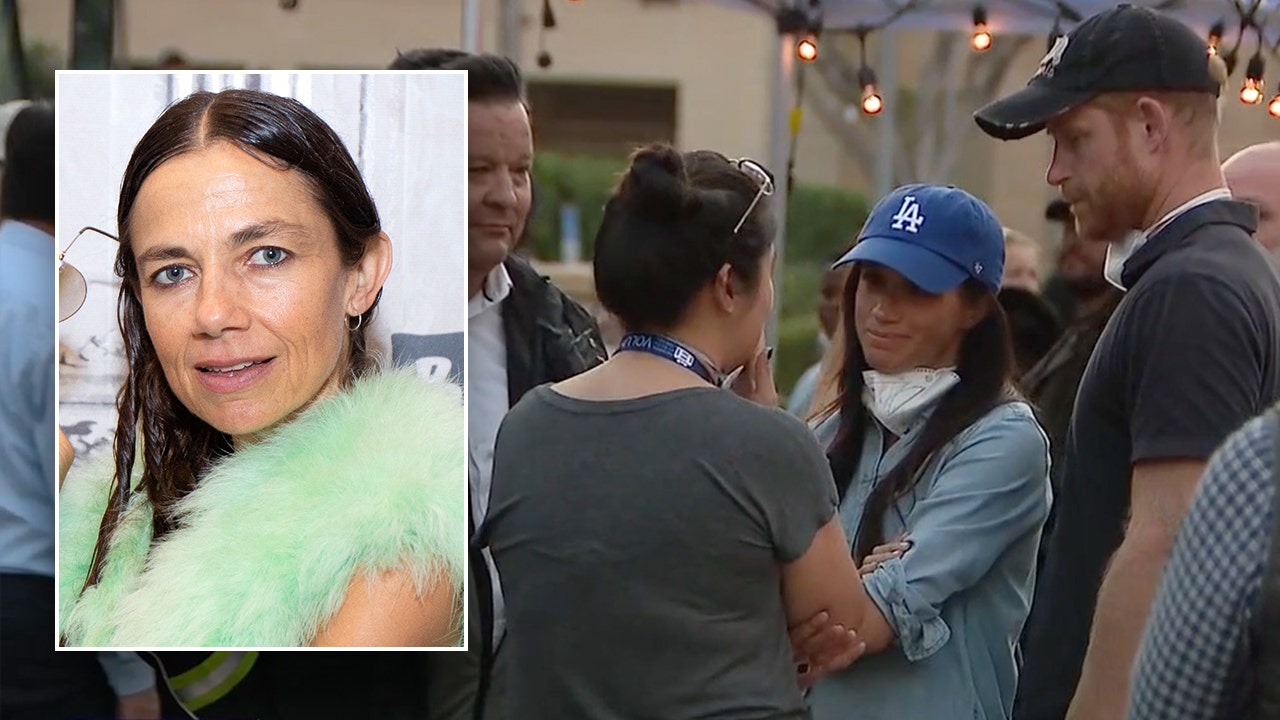





Discussion about this post